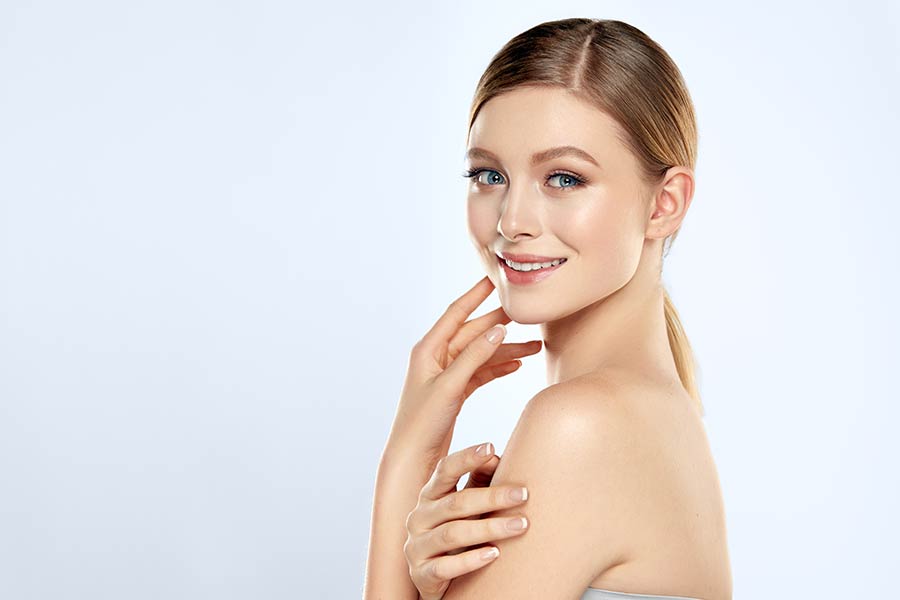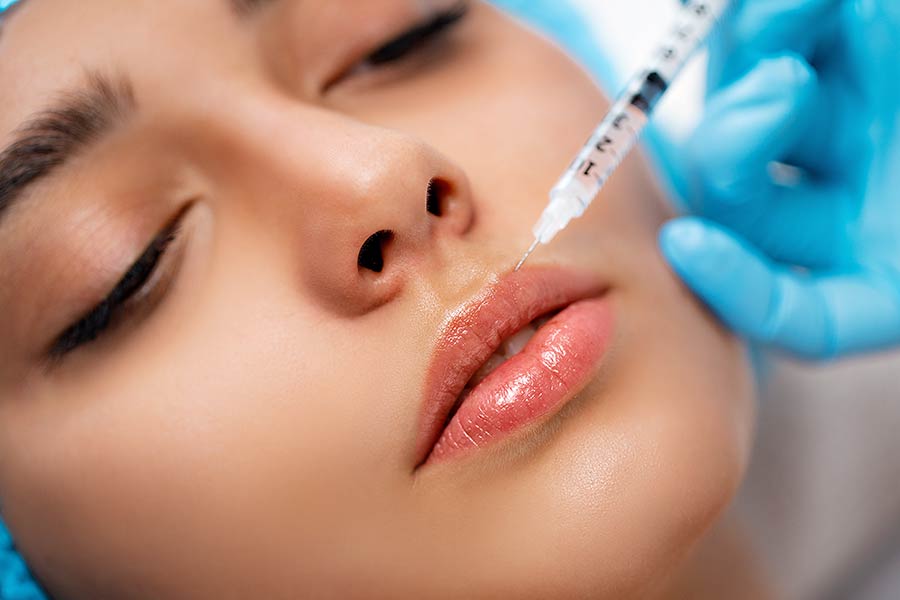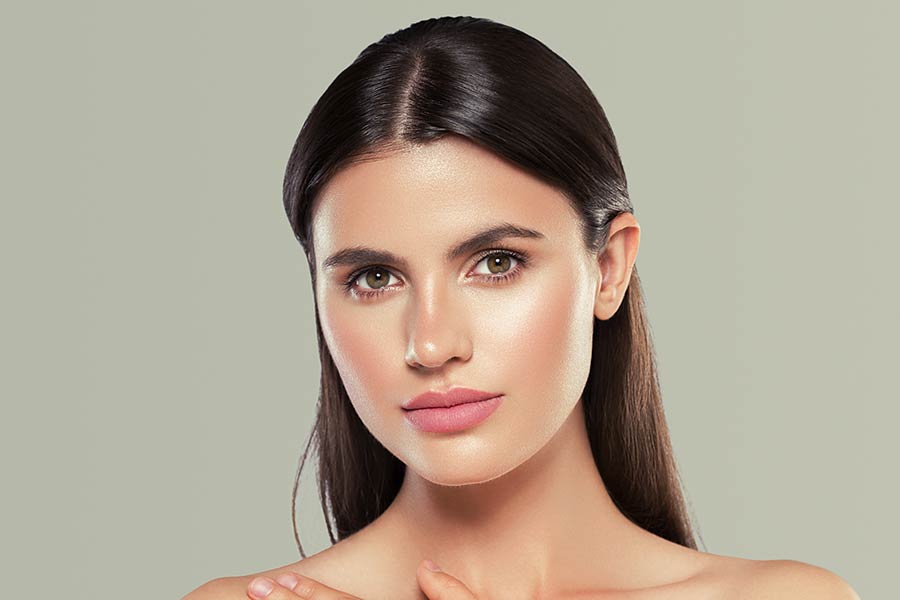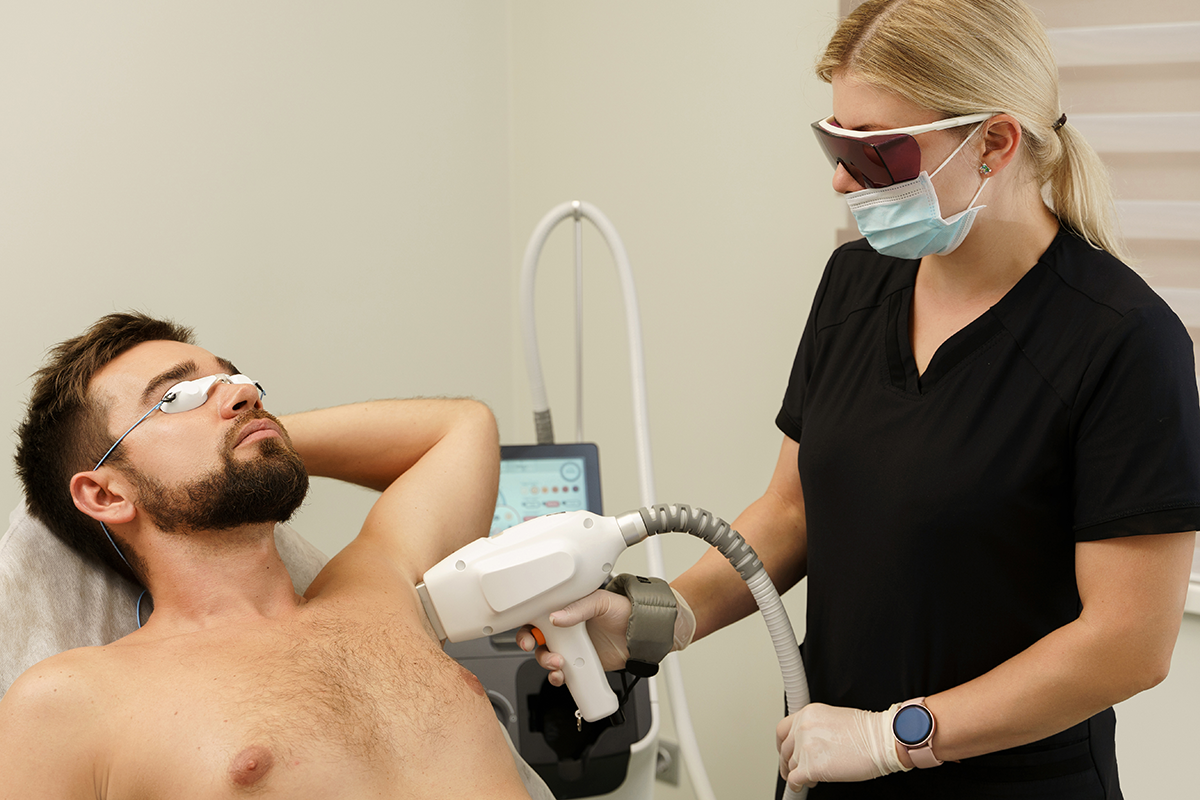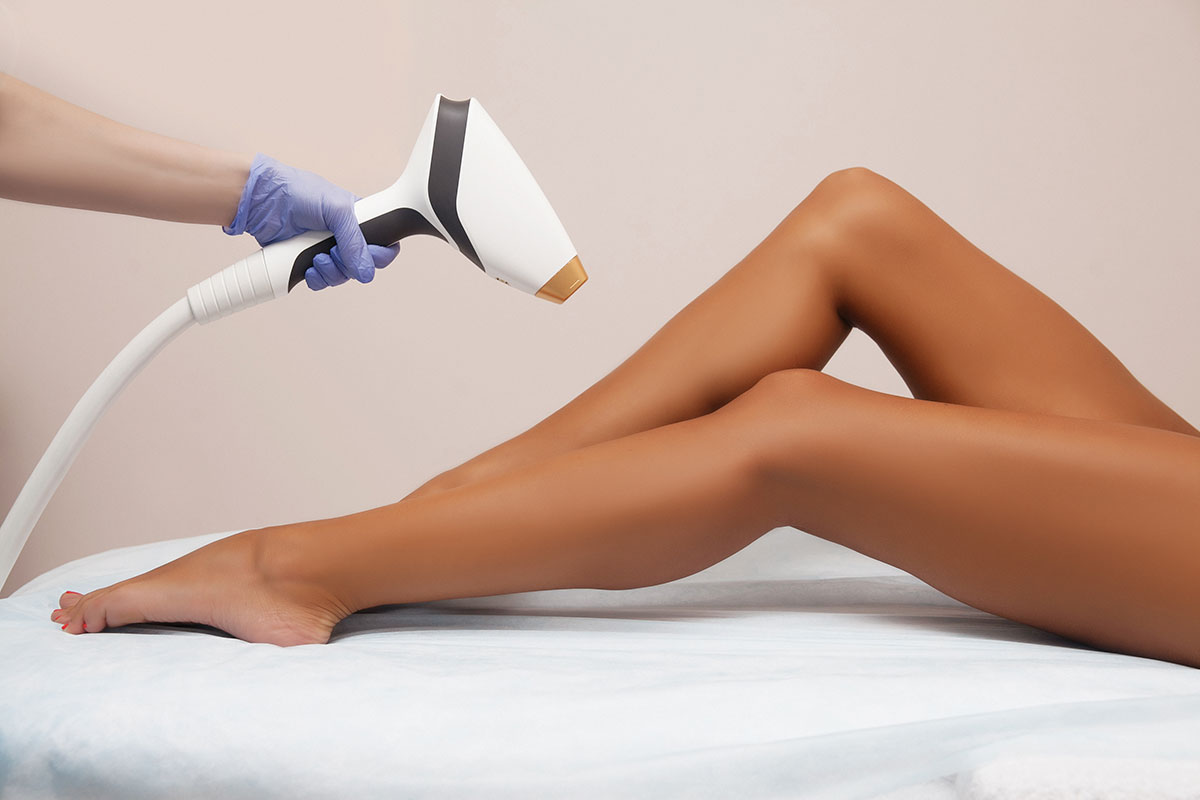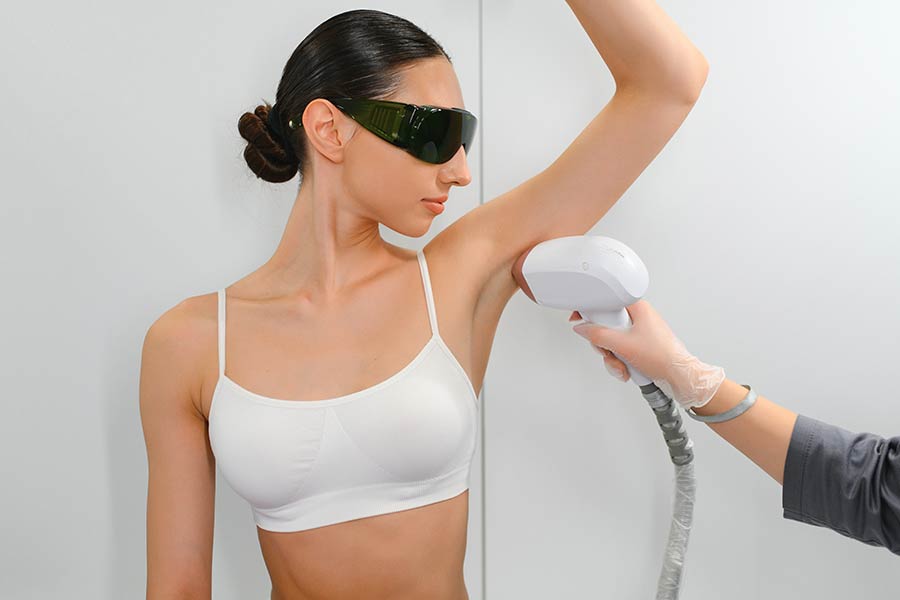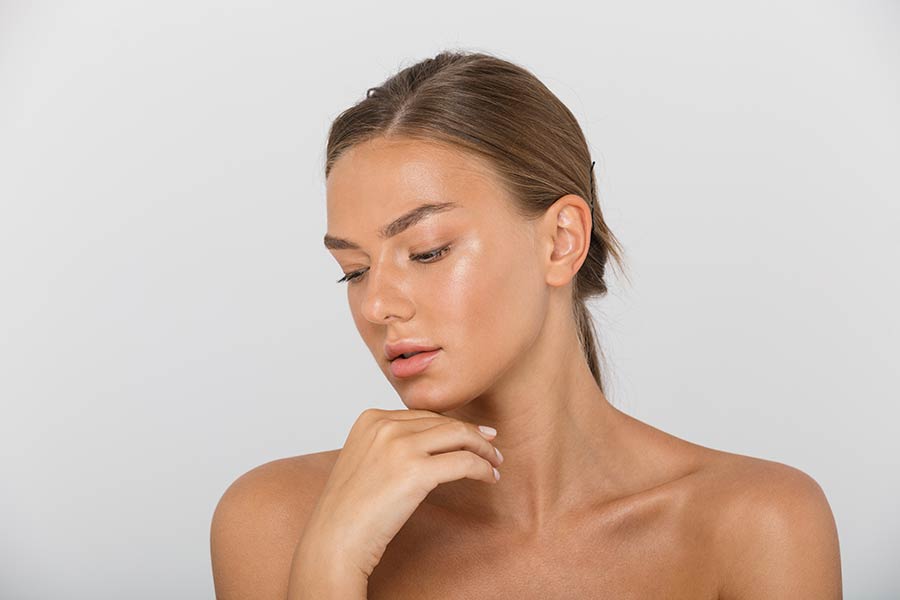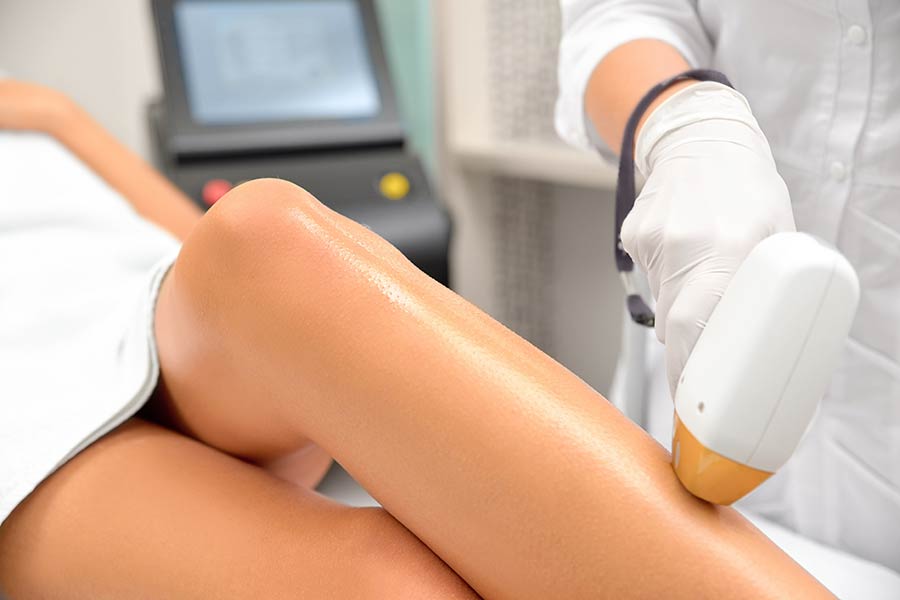Did you know that over 2 million people choose Juvederm treatments each year? This popular filler has become a go-to for those seeking to reduce wrinkles and add volume to their face without undergoing surgery. But, one question often comes up: how long does Juvederm last? The answer isn't as straightforward as you might think, with results varying based on several factors including the specific product used, the area treated, and individual body responses. In this post, we'll dive deep into what Juvederm is, uncover the typical longevity of its effects, and discuss tips to maximize your treatment's lifespan. Whether you're considering your first treatment or are a seasoned Juvederm user, understanding its duration can help set realistic expectations.
Key Takeaways
- Juvederm fillers typically last between 6 to 18 months, depending on the specific product used and the area treated.
- Factors like metabolism, area of application, and lifestyle can affect how long the results will last.
- Following a good aftercare routine and avoiding excessive sun exposure can help extend the life of Juvederm fillers.
- Combining Juvederm with other treatments, as advised by a professional, can enhance and prolong results.
- Regular consultations with a licensed practitioner can help tailor maintenance plans and decide when re-treatment might be necessary.
- Investing in Juvederm is not just about the initial cost but also considering the maintenance and potential for combining treatments for optimal results.
Juvederm Basics
How It Works
Juvederm, a hyaluronic acid-based filler, works by attracting water to the injection site. This process adds volume beneath the skin's surface. Hyaluronic acid is a natural substance in our skin that helps keep it hydrated and voluminous. When Juvederm is injected, it integrates with the tissue, creating results that look and feel natural. This integration helps smooth out wrinkles and folds, offering a refreshed appearance.
Types of Fillers
There are various Juvederm products available, each designed for specific areas and concerns. For example, Juvederm Voluma XC is used to add volume to the cheeks, while Juvederm Ultra XC targets the lips for augmentation. Compared to other fillers on the market, Juvederm stands out due to its smooth consistency and longevity. Its suitability for different skin types and concerns makes it a versatile choice for addressing signs of aging.
- Juvederm Voluma XC for cheeks
- Juvederm Ultra XC for lips
Other fillers might use different active ingredients or have a thicker consistency, but Juvederm's hyaluronic acid-based formula is known for providing subtle yet effective enhancements.
Benefits of Juvederm
One of the main benefits of Juvederm is the immediate visible improvements it delivers in terms of volume enhancement and wrinkle reduction. Unlike surgical alternatives, this treatment requires minimal downtime, allowing patients to return to their daily activities quickly. The results are long-lasting but not permanent, giving patients flexibility in managing their appearance over time.
Procedure Overview
A typical Juvederm treatment session involves several steps to ensure safety and comfort. Firstly, a numbing cream may be applied to minimize discomfort during injections. The specialist then carefully injects the filler into targeted areas based on the patient's aesthetic goals. Patients receive post-procedure instructions that are crucial for maximizing treatment efficacy and longevity.
Results Timeline
Initial Effects
Right after getting Juvederm, people notice their skin looks fuller and more voluminous. This is because the gel adds volume where it's injected. However, it's common to see some swelling or bruising at first. These are temporary and usually go away on their own.
If someone experiences unusual symptoms, they should call their healthcare provider. It's important to make sure everything is okay.
Peak Results
The full beauty of Juvederm shows up about two weeks after the treatment. By then, any initial swelling has gone down. This is when you can truly see the enhanced contours and smoothness in your skin.
It takes a little time for Juvederm to blend seamlessly with your facial tissues. So, patience is key during this phase. You're waiting for the product to settle perfectly.
Gradual Diminishing
Over time, Juvederm naturally breaks down in the body. Typically, its effects last between six months to two years. How quickly this happens depends on several things like your metabolism, lifestyle, and the area treated.
Activities that speed up metabolism or expose you to lots of sun can make Juvederm wear off faster. If you notice the plumpness reducing or wrinkles returning, it might be time for a touch-up.
Factors Affecting Longevity
Treatment Area
Juvederm injections target various facial areas, such as the cheeks, lips, and nasolabial folds. The longevity of results can vary based on the treated area. For instance, areas with less movement might retain the filler longer.
Lips often metabolize fillers quicker due to constant motion from talking and eating. In contrast, the cheeks usually show longer-lasting outcomes. This is because they experience less dynamic movement. Most people see the best results in cheek augmentation, where Juvederm can provide volume and lift for up to two years.
Metabolism Rate
An individual's metabolism plays a crucial role in how long Juvederm lasts. People with faster metabolic rates might notice their results diminish sooner. Lifestyle factors like exercise and diet can speed up the body's metabolism of the filler.
To potentially extend Juvederm's longevity, adopting healthy habits is key. Staying hydrated, maintaining a balanced diet, and avoiding excessive sun exposure can help. These actions support overall skin health, possibly prolonging the filler's aesthetic benefits.
Juvederm Varieties
Juvederm offers several formulations tailored for different concerns and areas. For example, Juvederm Voluma is ideal for cheek enhancement, promising results that can last up to 24 months. Juvederm Volbella, designed for the lips and perioral area, typically lasts around 12 months.
The choice of Juvederm variety impacts both longevity and expected outcomes. It’s vital to select a product that aligns with your aesthetic goals. A consultation with a skilled practitioner can guide this decision-making process.
Extending Results
Skincare Tips
A daily skincare routine can work wonders in enhancing and prolonging the effects of Juvederm. It's crucial to keep the skin hydrated. Use a gentle cleanser followed by a hydrating moisturizer. This helps maintain the skin's elasticity and smoothness.
Sunscreen is a must. The sun's UV rays can break down collagen faster, affecting the filler's longevity. Apply a broad-spectrum sunscreen every day, even when it's cloudy.
Consider professional skincare treatments that complement Juvederm. Chemical peels and laser therapy can improve skin texture and tone, making fillers last longer.
Follow-Up Treatments
For those wondering how often to schedule maintenance sessions, the answer varies. Generally, follow-up treatments are recommended every 6 to 12 months. This timeline ensures continuous optimal results.
Follow-up treatments help adjust to your evolving skin needs. As we age, our skin changes. Maintenance sessions allow for tweaks in the treatment plan, ensuring Juvederm continues to meet your aesthetic goals.
Lifestyle Choices
Healthy lifestyle choices significantly impact how long Juvederm lasts. Smoking and excessive alcohol consumption can decrease filler longevity. These habits damage the skin's structure and accelerate aging.
A balanced diet rich in vitamins and antioxidants supports skin health from the inside out. Adequate hydration is also key; it keeps the skin plump and extends the life of fillers.
Regular exercise boosts circulation, which nourishes skin cells and promotes collagen production. This combination of benefits helps maintain the youthful appearance achieved with Juvederm.
Combining Treatments
With Other Procedures
Combining Juvederm with other cosmetic procedures can lead to enhanced results. It's important to plan the timing and sequence of treatments for the best outcome. For instance, laser therapy might be scheduled before filler injections to improve skin texture. This approach ensures that each treatment complements the other.
Patients should consult with their specialists about combining treatments. Some combinations may not be safe or effective. Mixing Juvederm with certain procedures might increase the risk of complications. Always prioritize safety and discuss potential risks.
Boosting Collagen
Collagen plays a crucial role in maintaining skin elasticity and enhancing filler longevity. To support collagen production, consider adding supplements and foods rich in Vitamin C, zinc, and protein to your diet. These nutrients are known for their collagen-boosting properties.
Besides dietary changes, some cosmetic treatments specifically aim to stimulate collagen synthesis. Microneedling, for example, can be an excellent complement to Juvederm injections. It encourages the body's natural healing process, leading to firmer and more youthful skin over time.
Achieving Natural Look
For natural-looking results, moderation and strategic placement of fillers are key. It's essential to select an experienced injector who understands facial anatomy deeply. They can ensure that enhancements look subtle yet effective.
Communication between patient and injector is vital in achieving the desired outcomes. Be clear about your expectations but also trust your specialist's recommendations for a balanced approach.
Consultation and Costs
What to Expect
Before getting Juvederm, know what lies ahead. The consultation will set realistic expectations. You might feel some discomfort during the procedure. Also, there could be a short downtime. Your doctor will talk about this.
Every person reacts differently to Juvederm. So, the outcomes can vary. It's important to understand this. Your doctor will help prepare you for the changes in your appearance. This might affect you emotionally too.
Cost Details
The cost of Juvederm treatments depends on several factors. These include the amount of filler needed and the practitioner's expertise. Generally, Juvederm is pricier than basic cosmetic procedures but less expensive than surgery.
Prices vary widely by location and clinic. A single session can cost anywhere from $500 to $1,000 or more. When budgeting, remember that results last up to a year or two, making it a good investment.
To manage costs better, look for package deals or seasonal promotions offered by clinics. Always choose reputable providers to ensure safety and quality.
Choosing a Specialist
Finding the right specialist is crucial for a successful Juvederm treatment. Look for someone with specific qualifications in dermatology or cosmetic surgery and plenty of experience with fillers.
Research potential providers thoroughly. Review their before-and-after photos to gauge their skill level. This gives you an idea of their aesthetic style too.
It's wise to consult with several specialists before deciding. This way, you can compare their approaches and find someone who understands your goals.
Aftercare and Maintenance
Immediate Aftercare
After receiving Juvederm treatments, proper aftercare is crucial for both minimizing side effects and maximizing the filler's lifespan. Patients should avoid touching or applying pressure to the treated areas for at least 24 hours. This helps prevent unwanted movement of the filler.
Activities that raise body temperature, such as exercise, saunas, or hot tubs, should be avoided for 48 hours post-treatment. Heat can increase swelling and bruising. Staying hydrated and sleeping with an elevated head can also reduce swelling.
It's important to steer clear of alcohol and blood thinners immediately after treatment. These substances can increase bruising. Following the specific aftercare instructions from your provider is vital. They know what's best for your unique situation.
Long-Term Care
For Juvederm fillers to last as long as possible, ongoing care is necessary. Incorporating a gentle skincare routine that includes daily sunscreen application protects the skin and the filler from premature breakdown due to UV exposure.
Regular check-ins with your specialist are recommended to assess if touch-ups are needed. This ensures that your results remain consistent over time. A proactive approach towards skincare and aesthetics maintenance can significantly prolong the effects of Juvederm.
Adopting healthy lifestyle habits like maintaining a balanced diet, staying hydrated, and avoiding smoking can also support lasting results. These habits contribute to overall skin health, which in turn affects how long fillers like Juvederm can last.
When to Consider Re-Treatment
Signs of Fading
Juvederm, a popular dermal filler, offers temporary improvements in facial volume and smoothness. However, its effects gradually diminish over time. Signs of fading often include noticeable decreases in volume and firmness in the treated areas. These changes can subtly alter your appearance, making the skin look less plump and lines or wrinkles more apparent.
It's important to monitor these areas regularly. If you observe that the initial plumpness is no longer as pronounced or if the skin begins to lose its firmness, it might be time to consider a touch-up. Scheduling a consultation as soon as these signs become noticeable ensures that you can maintain your desired look without interruption.
Consultation for Re-Treatment
During a consultation for re-treatment, a specialist will assess whether additional treatments are necessary. They will examine the treated areas to determine how much of the Juvederm has been absorbed by your body and how your skin has changed since the last treatment.
Treatment plans often evolve over time. As you age, your skin continues to change, which may necessitate adjustments in how Juvederm is used to achieve your aesthetic goals. An open dialogue with your specialist is crucial during this stage. Discussing what you liked about your previous treatments and what you hope to achieve moving forward helps tailor the approach to meet your needs.
The importance of open communication cannot be overstressed. Your specialist's understanding of your expectations plays a key role in achieving satisfying results. By expressing your desires clearly and listening to professional advice, you can work together towards maintaining the youthful appearance that Juvederm helps provide.
Closing Thoughts
Juvederm offers a flexible and effective way to enhance your look, lasting anywhere from 6 to 24 months depending on the type used and how your body reacts. You've seen how factors like lifestyle, skin type, and aftercare play a crucial role in not just achieving but extending the results. It's clear that with the right approach, combining treatments and following expert advice for maintenance, you can enjoy long-lasting benefits. Remember, the key to maximizing longevity lies in regular consultations and adhering to recommended aftercare practices. If you're aiming for continued improvement or looking to maintain those youthful contours, planning for re-treatment before the full effects wear off is smart. Ready to take the next step? Reach out to a certified professional today and discover how Juvederm can keep you looking your best longer.
Frequently Asked Questions
How long does Juvederm typically last?
Juvederm results can last from 6 to 18 months, depending on the product used and individual factors like metabolism and treatment area.
What factors influence how long Juvederm lasts?
Factors include the specific Juvederm product, the treatment area, individual metabolism rates, and lifestyle habits such as smoking and sun exposure.
Can I do anything to make my Juvederm results last longer?
Yes, avoiding excessive sun exposure, maintaining a healthy lifestyle, and following your provider's aftercare instructions can help extend the longevity of your results.
Is it possible to combine Juvederm with other treatments for enhanced effects?
Absolutely. Combining Juvederm with other treatments like Botox can enhance and prolong aesthetic outcomes. Always consult with a professional for personalized advice.
When should I consider getting a Juvederm re-treatment?
Consider re-treatment when you notice the effects of your initial treatment diminishing. This is typically around 6-18 months after your initial procedure but varies by individual.
What should I expect during a consultation for Juvederm?
During a consultation, expect an evaluation of your aesthetic goals, discussion about potential results, costs involved, and personalized treatment plan recommendations.
Are there any specific aftercare tips for maintaining Juvederm results?
Post-treatment, avoid strenuous exercise for 24 hours, keep hydrated, and follow any personalized aftercare instructions provided by your healthcare provider to optimize results.

